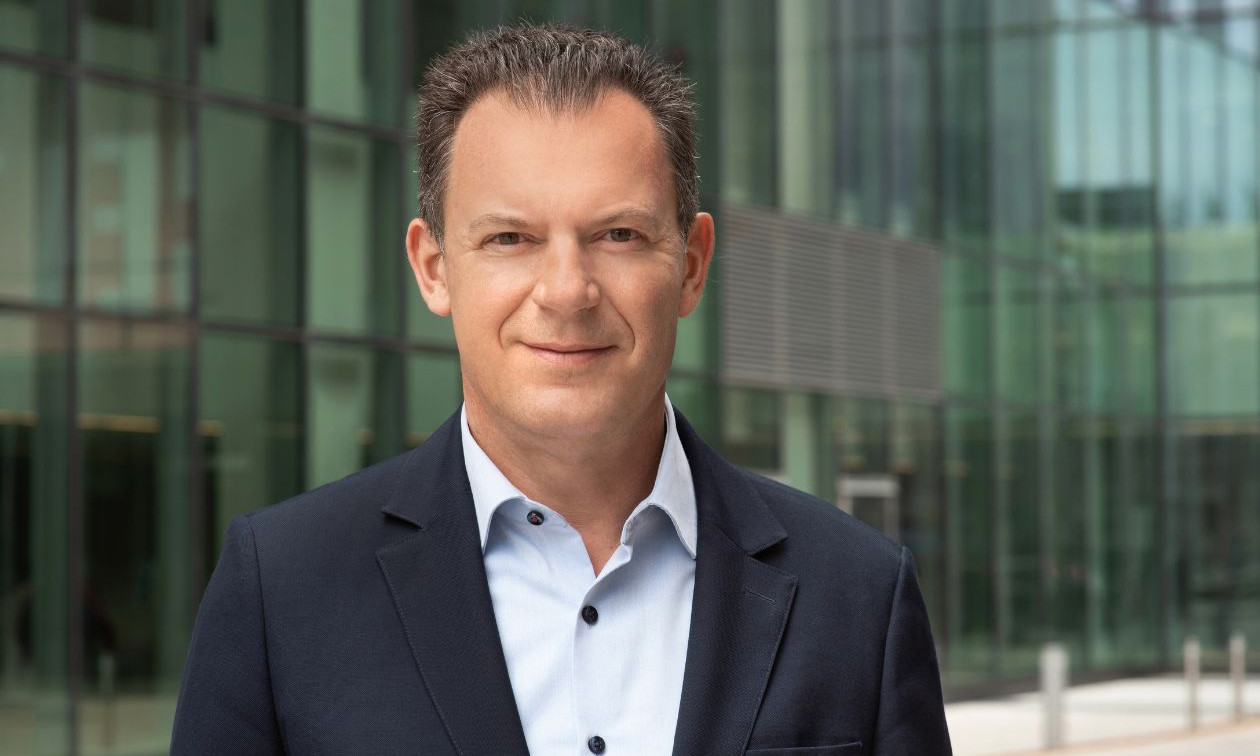Academic freedom must be defended: Quebec rectors

More than ever, as American universities come under attack from the Trump administration and Canada suffers collateral damage, it's time to defend academic freedom – and also actively plan for the influx of foreign researchers, three Quebec university presidents agreed this week.
Université de Montréal's Daniel Jutras, Université du Québec à Montréal's Stéphane Pallage and Université Laval's Sophie d'Amours told a crowd of 400 Wednesday at the Montreal Council of Foreign Relations to be wary of threats to universities' independence – and be on the lookout for new talent.
“It's up to us to talk about the role of universities,” said Jutras. “What's happening now [presents us] with an extremely opportune moment [to talk about it], because things can degenerate very quickly.”
“Polarization, the use of ”alternative facts“, the politicization of universities – there's a lot of distress in society right now, conditions that have allowed the powers that be to define us as the enemy,” said d'Amours.
“We're living through a crisis that has important similarities with the 1930s in Europe,” said Pallage. "I get calls from academics working in the U.S., often francophones, who would like to come to Quebec. We can welcome them."
Actively recruiting U.S.-based researchers, creating more Canadian research chairs, increasing federal and Quebec funding for researchers affected by U.S. grant cuts – all would help protect and develop scientific research, the rectors said.
"The challenge facing Canadian universities," said Jutras, "is not only to address the plight of researchers in the U.S., but also to take advantage of a recruitment climate that is completely different now.
“There are people everywhere – in the West, in Africa, in South America, in Asia – who were considering going to the U.S. but are saying, ‘This is not an environment I want to be in right now."
“The light has been turned off in the U.S. on several subjects that will now no longer be able to advance knowledge,” d'Amour said, referring to funding cuts at Harvard University, the National Institutes of Health and other institutions.
The same must not happen here, she added.
No "work in the shadows"

"For Quebec, this is fundamental: we can't afford to work in the shadows. On the contrary, we must conduct research in all fields, shed light on and bring more knowledge to all sectors."
Philanthropy will also be essential to help Canadian universities survive in today's difficult political environment, said Jutras. "Give to your universities“, he urged the audience. "We need your support".
At a union meeting with UdeM professors before the conference, he added, he learned “that a great many of them and their colleagues, in the thousands, are disturbed" by what's happening south of the border.
"Science, it happens cross-border ... and researchers are now reluctant to travel," Jutras said. “They're not sure how to approach a subject over the long haul, and it's up to us as rectors to support these colleagues in their efforts to stabilize their research agendas.”
Emphasizing the difference between academic freedom and freedom of expression, the rectors agreed that universities must remain free to govern themselves responsibly and free from censorship.
“It's very important that students understand this,” said Jutras. “Sometimes they use their freedom of expression in a way that undermines academic freedom, preventing conferences from taking place,” for example.
“They too have a responsibility to nurture academic freedom by being participants in dialogues that respect the need for intellectual humility and the space for discussion that is essential to the advancement of knowledge.”



